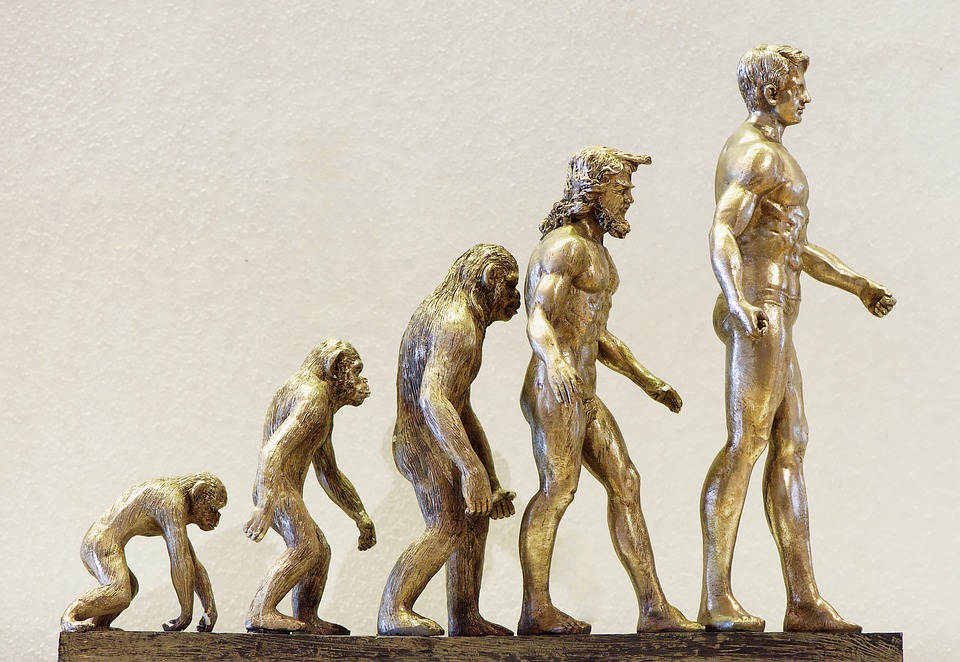The Earth has been around for billions of years, and over those years, many species of living things have roamed on the planet. However, a new study suggests that human activity may be responsible for the extinction of billions of years’ worth of evolution.
Express reports that a study conducted by researchers involved studying the extinction data of 25,000 species to determine how many animals are in danger of extinction. Overall, the study found that nearly 50 billion years’ worth of evolution could potentially be wiped out. The United Nations previously released a report that human activity is responsible for the potential mass extinction, due to climate change and deforestation as well as clean water and the destruction of habitats. The potential extinction of these animals also suggests the decline of humanity. The report by the UN also details that humanity has affected 40 percent of marine environments, 50 percent of waterways, and three-fourths of the total land on Earth.
According to Rikki Gumbs of the Imperial College London and the Zoological Society of London, “These are some of the most incredible and overlooked animals on planet Earth. From legless lizards and tiny blind snakes to pink worm-like amphibians called caecilians, we know precious little about these fascinating creatures, many of which may silently toward extinction.”
Mr. Gumbs also noted that if nothing is done to preserve the biodiversity of the ecosystem, there would be great losses. Reptiles have 13 billion years’ worth of evolution history which is almost equivalent to the beginning of the universe.
Along with endangering many animals, human activity has contributed to the deterioration of the ozone layer over the years. Researchers from the University of Southampton found, through analyzing the extinction event tens of millions of years ago, the plant spores that existed during that time were affected by ultraviolet radiation, which meant that the Earth’s ozone layer did not shield the planet from the rays of the sun at the time.
According to their study, the deterioration of the ozone layer would result in global warming. In a worst-case scenario, global warming could possibly lead to a modern mass extinction event.



 Is space worth the cost? Accounting experts say its value can’t be found in spreadsheets
Is space worth the cost? Accounting experts say its value can’t be found in spreadsheets  Neuren Pharmaceuticals Surges on U.S. Patent Win for Rare Disorder Drug
Neuren Pharmaceuticals Surges on U.S. Patent Win for Rare Disorder Drug  SpaceX’s Starship Completes 11th Test Flight, Paving Way for Moon and Mars Missions
SpaceX’s Starship Completes 11th Test Flight, Paving Way for Moon and Mars Missions  FDA Lifts REMS Requirement for CAR-T Cell Cancer Therapies
FDA Lifts REMS Requirement for CAR-T Cell Cancer Therapies  NASA Cuts Boeing Starliner Missions as SpaceX Pulls Ahead
NASA Cuts Boeing Starliner Missions as SpaceX Pulls Ahead  Astronomers have discovered another puzzling interstellar object − this third one is big, bright and fast
Astronomers have discovered another puzzling interstellar object − this third one is big, bright and fast  Trump and Merck KGaA Partner to Slash IVF Drug Costs and Expand Fertility Coverage
Trump and Merck KGaA Partner to Slash IVF Drug Costs and Expand Fertility Coverage  SpaceX Prioritizes Moon Mission Before Mars as Starship Development Accelerates
SpaceX Prioritizes Moon Mission Before Mars as Starship Development Accelerates  SpaceX Starship Explodes in Texas During Test, Citing Nitrogen Tank Failure
SpaceX Starship Explodes in Texas During Test, Citing Nitrogen Tank Failure  NASA Astronauts Wilmore and Williams Recover After Boeing Starliner Delay
NASA Astronauts Wilmore and Williams Recover After Boeing Starliner Delay  Tabletop particle accelerator could transform medicine and materials science
Tabletop particle accelerator could transform medicine and materials science  Neuralink Expands Brain Implant Trials with 12 Global Patients
Neuralink Expands Brain Implant Trials with 12 Global Patients  Blue Origin’s New Glenn Achieves Breakthrough Success With First NASA Mission
Blue Origin’s New Glenn Achieves Breakthrough Success With First NASA Mission  Cogent Biosciences Soars 120% on Breakthrough Phase 3 Results for Bezuclastinib in GIST Treatment
Cogent Biosciences Soars 120% on Breakthrough Phase 3 Results for Bezuclastinib in GIST Treatment 































